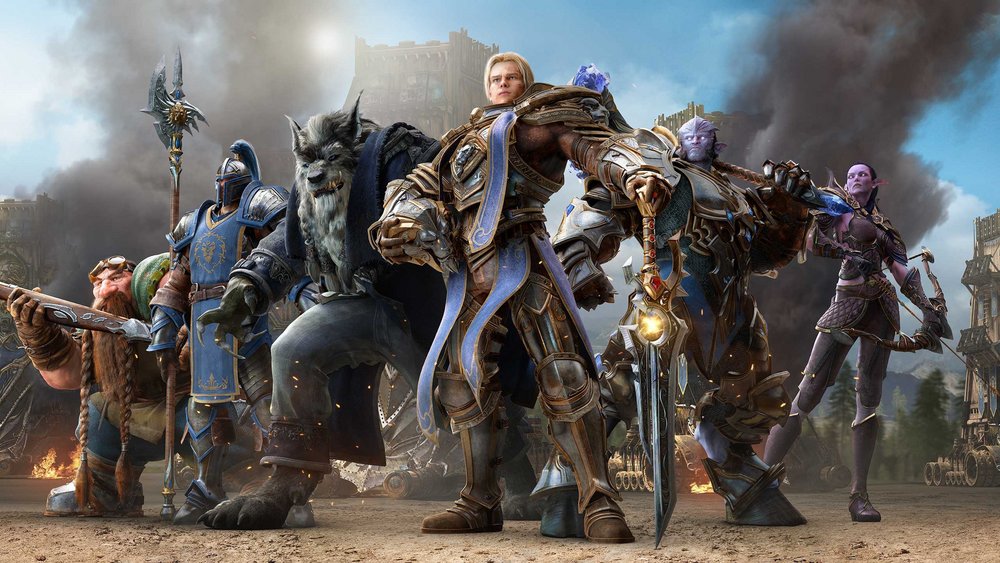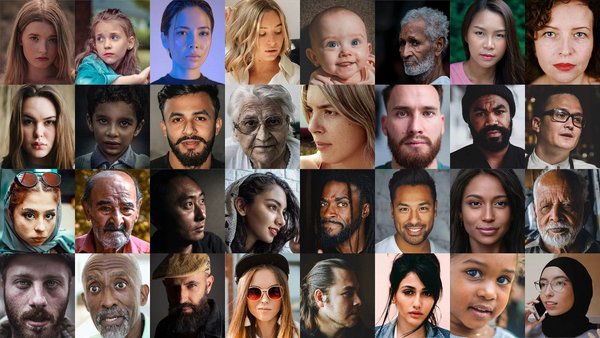Activision Blizzard CCO: How brands can win gamers /
Pelle Sjoenell, chief creative officer at Activision Blizzard, explains how brands can approach gamers without being annoying or ignored
Contagious Contributor
/
I spent half my life in creative advertising, most recently as worldwide chief creative officer at BBH. But now, in my current role as chief creative officer at Activision Blizzard, I’m often struck at how much misunderstanding there is about gaming and the gaming community, particularly from those who work in advertising. The biggest mistake is to see gaming as a new form of media to ‘advertise in’.
Advertising usually involves selling something or calling attention to something. But when it comes to gaming, brands would be better off thinking about what they can do to make the gaming experience better rather than sell or broadcast to gamers. Let me explain. The difference with this community and, say, those who watch a TV show or movie, is that they are not passively living vicariously through their favourite characters; they are the characters and they write their own stories. So they are not an audience in that respect.
This group is also a step away from being consumers since what they are buying or earning is not for this world, but for the virtual one they currently are in. I’m saying this as brands are trained to reach audiences or to talk to consumers – but gamers are not regular consumers, or a classic audience. Rather, they are participants; they are players. To understand how wrong it would be to try and market in the old ways to gamers, imagine a brand trying to engage with the audience of a sports game by running down on the field, interrupting the game to ask the players if they want to buy their stuff. Don’t do it!
To better engage with this community, we should first consider what this art form enables. Here are the benefits of gaming that really tie into key human motivations and I think are most important to know as you approach this community:
Inclusivity /
We’re all born with different abilities and most of us can never be elite athletes. But in the gaming world, we can. In digital games we’re not measured by our real size or fitness. There’s a level playing field that is very different from the real world.
Winning /
Because of this level playing field, in gaming we can feel what it is like to win big. The feeling of winning is important. It’s not every day that we get to win big in front of others in the real world. We might get married, have kids, secure a nice job, even win the lottery – but not every day. In the gaming world we can all win all the time. And it feels great.

Belonging /
Real life can be lonely. But inclusion and belonging matters a lot to us. After all, we are social beings. In the worlds we create, there is a team for everyone. You can squad up, get matched, find a guild, pick a side or switch from one. We can be part of something.
Progression /
It is hard to know when to expect progress in everyday life. We don’t always know what’s around the corner. But progression is a fundamental pillar of all games and you know exactly what it takes to reach the next level.
Wanderlust /
We all have that drive to seek out new places, to travel and discover new experiences. In reality though, we will always be limited by our own resources, or again those damn pandemics. Gaming worlds are full of new experiences that anyone can visit at any time (without vaccination passes).
Identity /
Perhaps most importantly, our identity matters. When we are born into this world our avatars pick us. Gaming worlds allow you to choose your own avatar, customise it, and experiment without consequence. We don’t have to be judged by where we come from, what we look like, how much money we have or what race or gender we are. We can let our inside show. Even though these worlds are virtual, the feelings we experience and memories we make in them are certainly not.
All these things are incredibly important if you want to understand this community. So how do brands approach this community better then? In my opinion, empathy has always been the most important skill when it comes to any form of marketing, to learn to think like the receiver of a message, rather than the sender of one. All brands need to do is stop advertising and think like a gamer.
Want more of the same? /
We don’t just write about best-in-class campaigns, interviews and trends. Our Members also receive access to briefings, online training, webinars, live events and much more.







